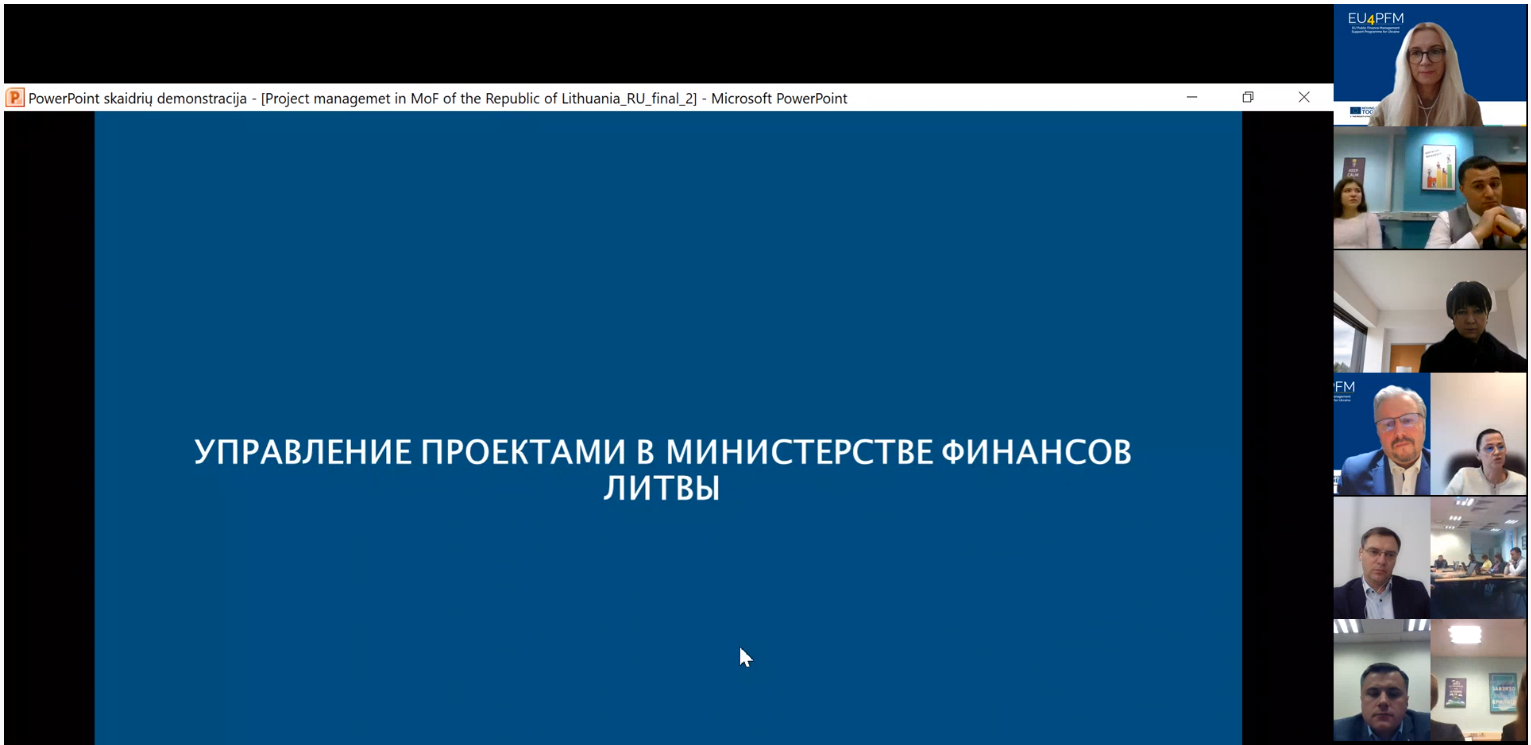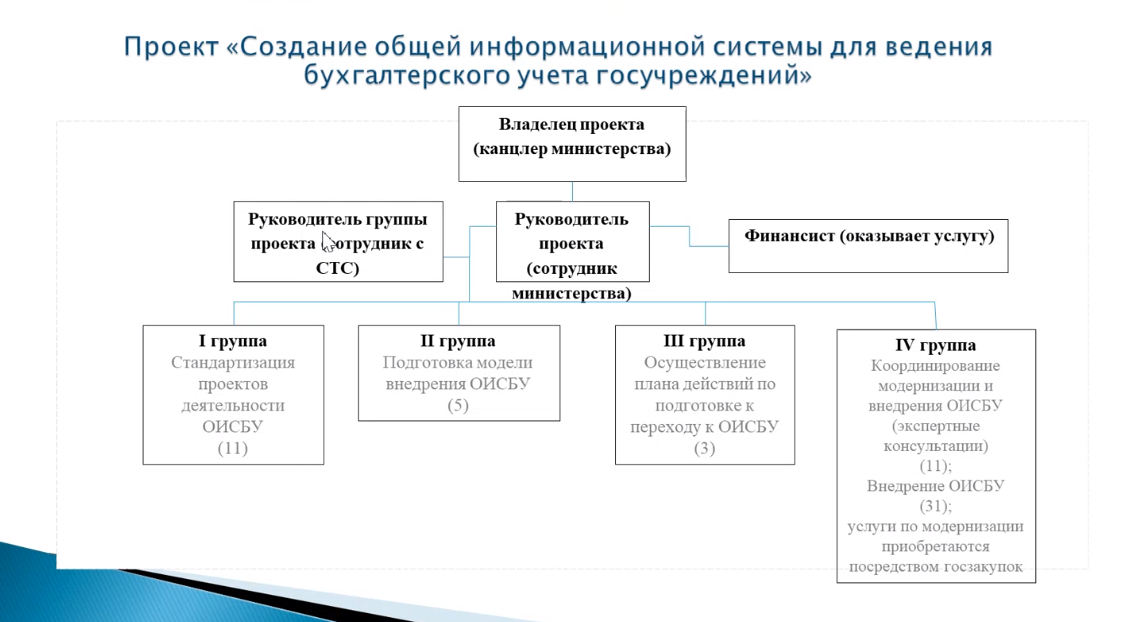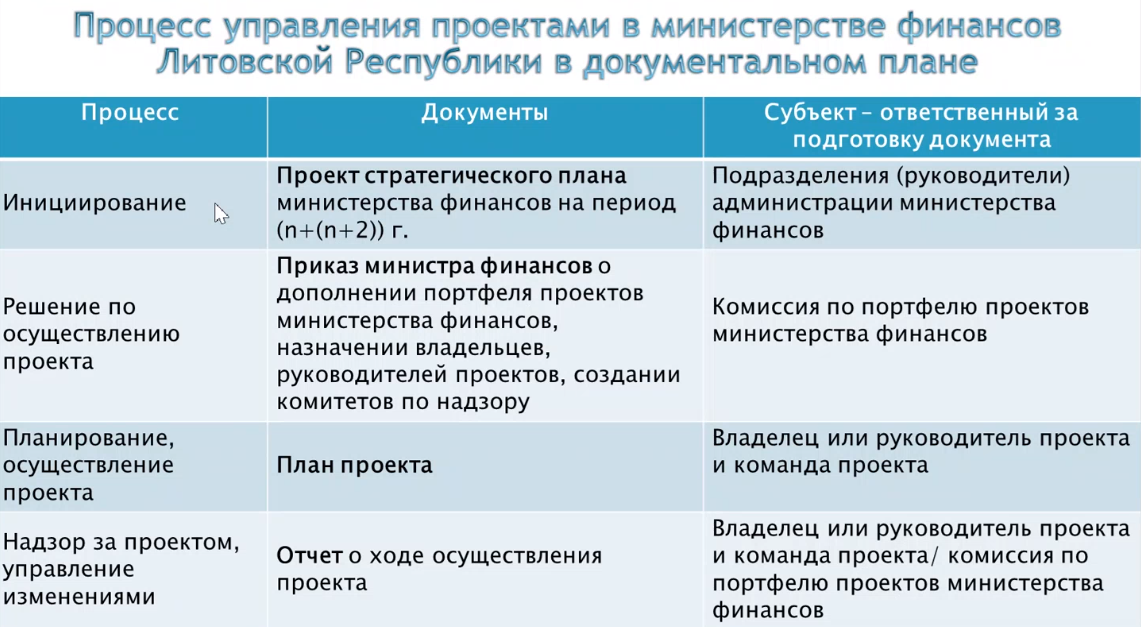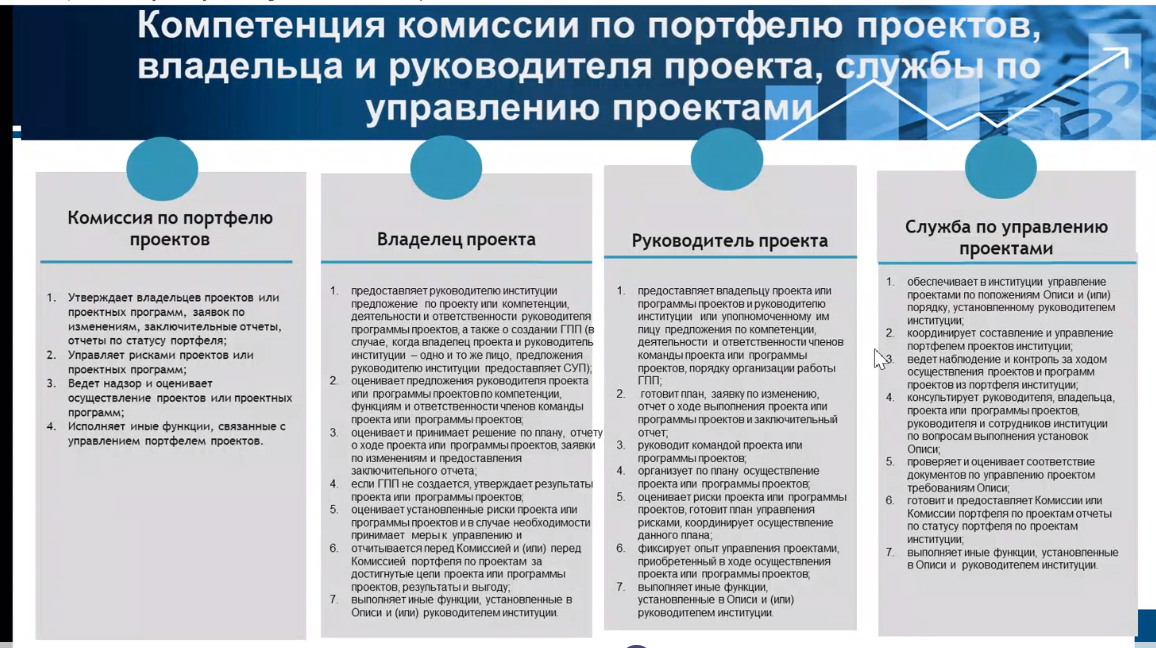Lithuania’s Experience in Project Management in the Public Sector
Lina Frejutė and Paulius Majauskas, International Experts for EU4PFM, shared Lithuania’s experience in project management in the public sector at a seminar held for the employees of the Ministry of Finance of Ukraine on 4 November.

“Today we are going to talk about practice only, we will demonstrate how the project management has grown in the Lithuanian Ministry of Finance, starting with several initiatives and until the State has understood that project management must find its place in the public sector,” opened the seminar Jurgita Domeikiene, Team Leader at EU4PFM, International Key Expert on HR/PAR, co-author of the Lithuanian Public Governance Improvement Programme for 2012–2020 and, in particular, of the norms on project management implementation in the public sector of the country.
Considering the example of the Ministry of Finance of Lithuania, the seminar participants gained knowledge about Lithuanian regulations in this field, structural changes, initiation processes, planning and control over the project implementation, project management maturity assessment, and how it actually works on the example of projects that are currently implemented by the government agency.
In 2021–2024, the Government of Lithuania plans to implement 710 projects, 11 of which are currently being implemented by the Ministry of Finance of Lithuania.
One of them is a 2-year plan for the transition of more than 500 Lithuanian government agencies, which have previously used 250 modifications of 17 accounting programs, to the unified system.
At the seminar, Lina Frejutė, who has been heading this project as a current employee of the Ministry of Finance of the Republic of Lithuania, provided an insight into all stages of the project planning and implementation.
“It is important for the Ministry of Finance to ensure the objectives approved by the Government,” says Lina Frejutė. “The main document is the Government Programme and the Project Management Standard approved by the Government of Lithuania. The same project management system operates throughout the country. The Ministry has also ensured the unified internal functioning of the project management system”.
Paulius Majauskas told the seminar participants about how the Lithuanian Ministry of Finance, using the project management tools, implemented another rather ambitious project called Fighting the Shadow Economy.
The project’s importance has been associated with the fact that the shadow economy always hinders the improvement of public services, limits the funding of structural reforms, and those who work in the shadows lose their social guarantees. The project aimed to create additional conditions for reducing the size of the shadow economy, ensuring fair competition, providing high-quality public services and social guarantees to the citizens.
“It is very important in the project management that the tasks are feasible. The joint efforts of several ministries made the tasks more ambitious, helped to communicate and made it possible to reduce the potential risks,” said Paulius Majauskas.
The use of the project approach made it possible to clearly define the objectives, delineate the tasks, roles, and scope of responsibility of all participants, from the Ministry of Finance and tax service to the ordinary team members, as well as involve all stakeholders, form the budget and exercise control over the project implementation.
Within the framework of the project, it became possible to implement the tax amnesty, create more free services for taxpayers, simplify the tax payment process, etc.
“Project management in the public sector is a purposeful and motivating work to achieve a specific material result, accompanied by the progress assessment tools, and it can be successfully applied in the public sector,” says Paulius Majauskas
Let’s implement changes together!




